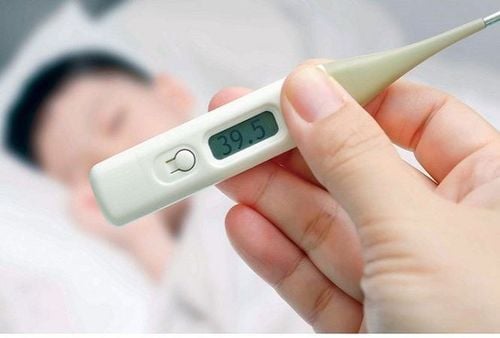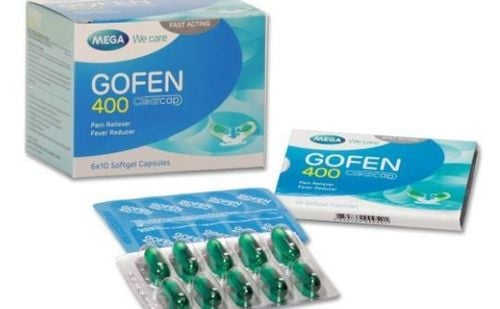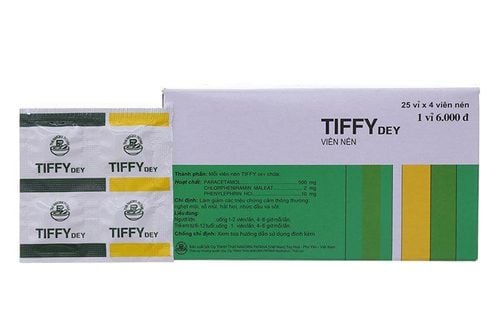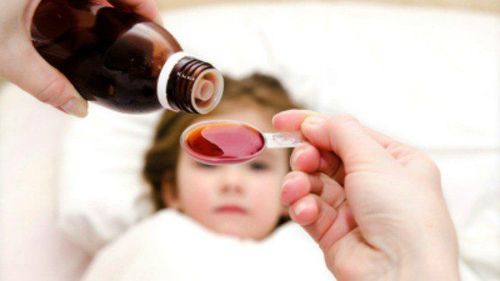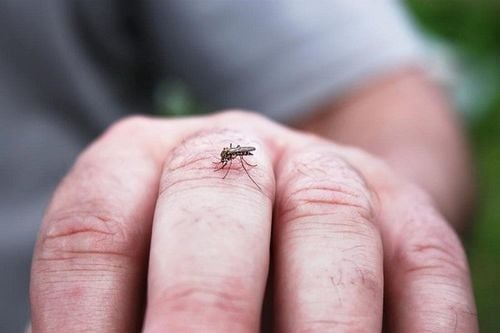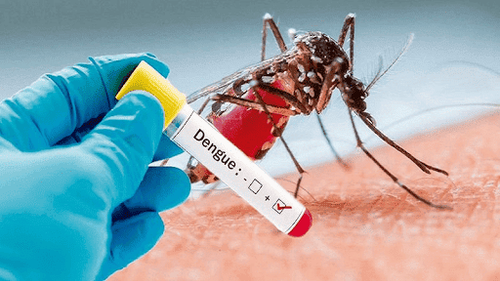Aspirin and ibuprofen can be dangerous for patients with dengue fever. Therefore, doctors have warned that Aspirin and Ibuprofen should never be used as an anti-inflammatory pain reliever when having dengue fever. So what medicine should be taken for dengue fever?
1. Symptoms of dengue fever
Every year and during the epidemic season, the number of patients with dengue fever often increases rapidly and becomes more complicated. When sick, the first symptoms that appear are pain all over the body, muscle pain, joint pain, headache, fever (high fever continuously 39 - 40 degrees Celsius), nausea, diarrhea, abdominal pain... Most people when they first get dengue fever only think of the flu or a common viral fever.
Patients often need to be hospitalized to treat dengue fever according to the doctor's regimen. However, people with dengue fever who do not know they have the disease often buy pain relievers and fever reducers on their own and treat themselves at home.
However, not all pain relievers and fever reducers are suitable and effective for dengue fever symptoms, some fever reducers are even contraindicated or harmful to dengue fever.
The typical bleeding condition usually occurs from the 6th day onwards (when the fever symptoms have begun to decrease) and manifests at different levels: subcutaneous bleeding, bleeding in the gums, gastrointestinal bleeding, cerebral hemorrhage, irregular menstruation bleeding... When dengue fever becomes severe, it can cause shock with the following symptoms: rapid pulse, sweating disorder, stimulus, cold hands and feet, low blood pressure, liver damage, increased liver enzymes (SGPT, SGOT)...
2. What medication should be taken for dengue fever?
The first medicine to be used when treating dengue fever is a fever reducer. There are many active ingredients with different trade names that have antipyretic effects, but what medication should be taken to reduce fever in dengue fever? Common antipyretics on the market can be divided into 2 main types:
• Antipyretics with the active ingredient paracetamol (acetaminophen)
• Group of antipyretics, analgesics, non-steroidal anti-inflammatory drugs - NSAIDs (Aspirin, diclofenac, ibuprofen, piroxicam, meloxicam...).
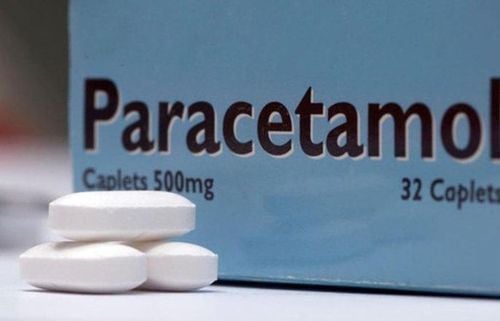
3. Why should Aspirin and Ibuprofen not be used for dengue fever?
Aspirin is a medication that reduces fever and pain at high doses and prevents platelet aggregation at lower doses. However, Aspirin is contraindicated in dengue fever. This is explained by the antiplatelet and anticoagulant effects that cause bleeding due to dengue fever to become unstoppable, especially gastrointestinal bleeding, making the disease worse.
Therefore, do not use aspirin for adults and children when suffering from dengue fever. Especially for children, aspirin can cause Reye's syndrome (cerebral edema, fatty liver failure, mortality rate up to 30-50%). and there is a risk of leaving permanent brain damage). In addition, Aspirin also causes burning in the digestive tract, respiratory failure, especially bronchospasm and worsens asthma.
In addition to Aspirin, the group of non-steroidal anti-inflammatory drugs (NSAIDs) also includes diclofenac, ibuprofen, piroxicam... In particular, Ibuprofen is often used to reduce fever, relieve pain and inflammation for patients with fever. Although the platelet aggregation effect of these drugs is not as strong as aspirin, this property still exists at different levels, so the risk of difficult-to-stop bleeding in dengue fever still occurs.
Therefore, Ibuprofen and drugs in the NSAID group are not recommended for symptomatic treatment of dengue fever.
Commonly used fever reducers for dengue fever
When the first symptoms of fever appear and the cause is not yet diagnosed (it could be dengue fever or not), it is best for the patient to use paracetamol (acetaminophen) as a fever reducer. This medication should be readily available in every household's medicine cabinet.
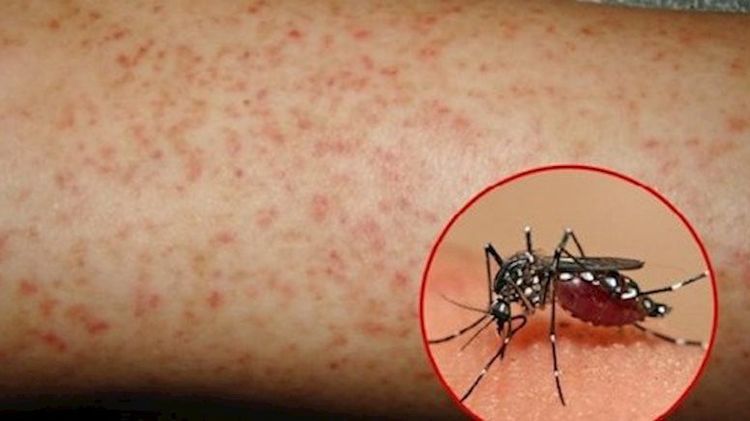
4. Notes when using anti-fever drugs
The use of anti-fever drugs is always a matter that needs to be considered, but do not let the fever symptoms persist without using the drug. Fever is essentially an acute reaction, which can easily lead to complications in children, adults or the elderly. Therefore, it is necessary to be very urgent in reducing fever immediately, avoiding prolonged high fever.
As mentioned above, paracetamol (acetaminophen) fever reducer is a common and relatively safe medicine that can be used at home when you have a fever, but you must still follow the following strict rules:
• If you have a fever of 39 degrees Celsius, you must use fever-reducing medication. For children, fever above 38.5 degrees Celsius must be treated immediately because the rate of increase in body temperature to 39-40 degrees Celsius is very fast, this is a dangerous temperature threshold.
• Read the instructions carefully, do not overdose, do not use in combination with medicines containing the same active ingredient paracetamol because it can easily lead to overdose.
• Paracetamol for children has many dosage forms (tablets, oral syrups, powders, granules, effervescent tablets and suppositories). Do not combine different routes of administration. Use only one dosage form to avoid the risk of drug poisoning causing liver damage and impaired liver function.
• Before using the medicine, you should apply a cool compress, lie down and rest in an airy place, and drink enough water.
• Monitor body temperature regularly
• Look for signs of dengue fever to quickly go to the hospital for examination.
• Do not take consecutive doses of paracetamol within a period of less than 4 hours.
To arrange an appointment, please call HOTLINE or make your reservation directly HERE. You may also download the MyVinmec app to schedule appointments faster and manage your reservations more conveniently.




